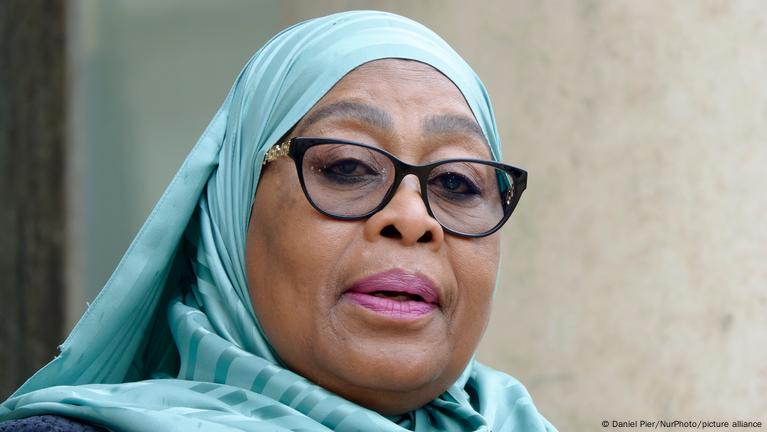DAR ES SALAAM, Tanzania — As President Samia Suluhu Hassan’s administration seeks to project a reformist image internationally, mounting political and diplomatic pressures at home and across the region are testing the country’s stability.
Tanzania’s largest opposition party has publicly accused the telecommunications firm Tigo of sharing confidential phone data with state security services in the lead-up to a 2017 assassination attempt on opposition leader Tundu Lissu.
The claim, backed by sworn testimony from a former employee of the company, alleges that Tigo handed over geolocation and call data to the government without a court order.
“This is not just a violation of privacy—it’s a betrayal of democratic values,” Mr. Lissu said in a statement on Thursday, vowing to pursue legal action against both the government and the telecom provider. Tigo has not publicly responded to the allegations.
The government has also remained silent, as critics say it continues to suppress dissent despite promises of democratic reforms under President Hassan.
Compounding the domestic pressure, a diplomatic rift is widening between Tanzania and neighboring Malawi over the development of Mbamba Bay Port along Lake Malawi.
Malawi claims the Tanzanian-initiated construction was launched without proper consultation, in a territory it views as disputed. The port is a key component of Tanzania’s Mtwara Development Corridor, a regional infrastructure plan aimed at boosting cross-border trade.
“Malawi is not against development,” said a senior official in Lilongwe, “but mutual respect and dialogue are non-negotiable when it comes to shared resources.”
The tensions come at a time when Malawi is navigating its own challenges. In February, a ransomware attack crippled the country’s passport issuance system, prompting fears over digital security and service delivery. President Lazarus Chakwera refused to pay the ransom, calling it an act of “economic sabotage.”
The attack, which has yet to be attributed to a specific actor, left thousands of citizens unable to travel or complete administrative processes and has spurred new calls for investment in national cybersecurity infrastructure.
Meanwhile, Malawi’s political landscape is heating up ahead of general elections now scheduled for September 2025—pushed back from May to avoid seasonal disruptions. Several parties are exploring new electoral alliances in a bid to unseat the incumbent administration or consolidate power ahead of the vote.
In both countries, analysts say the weeks ahead will be crucial for testing political resilience, regional diplomacy, and the public’s confidence in leadership.
“East and Southern Africa are entering a period of realignment,” said a Nairobi-based regional analyst.
“How Tanzania and Malawi handle these crises will have implications far beyond their borders.”



